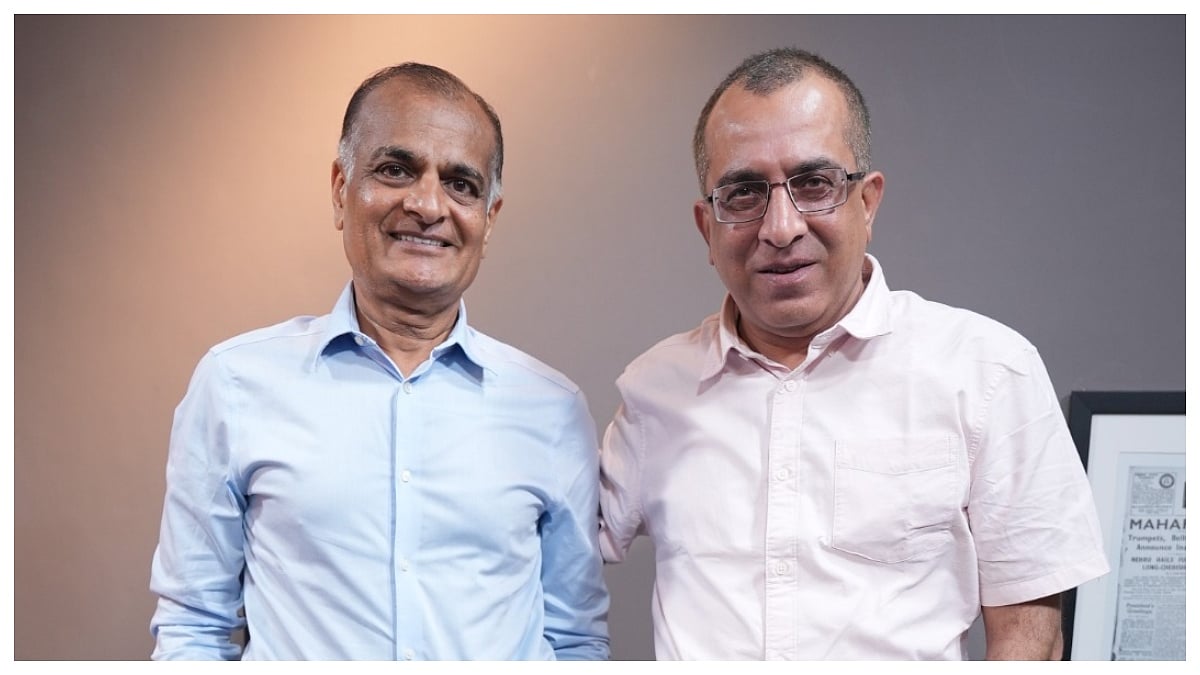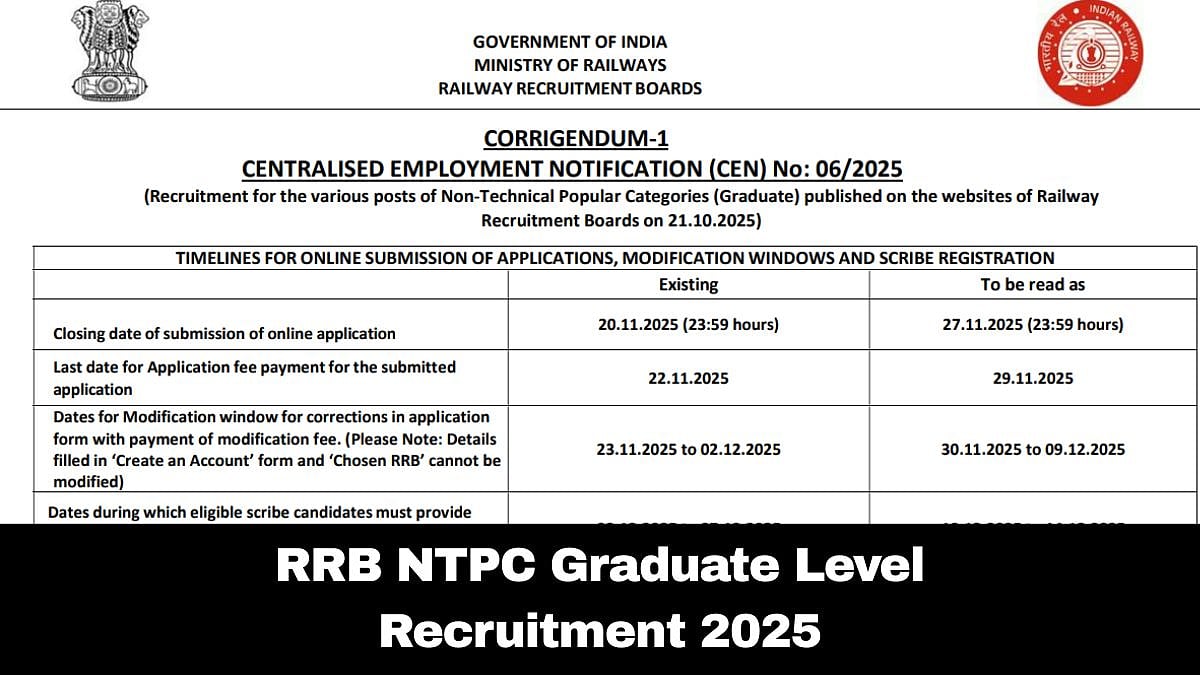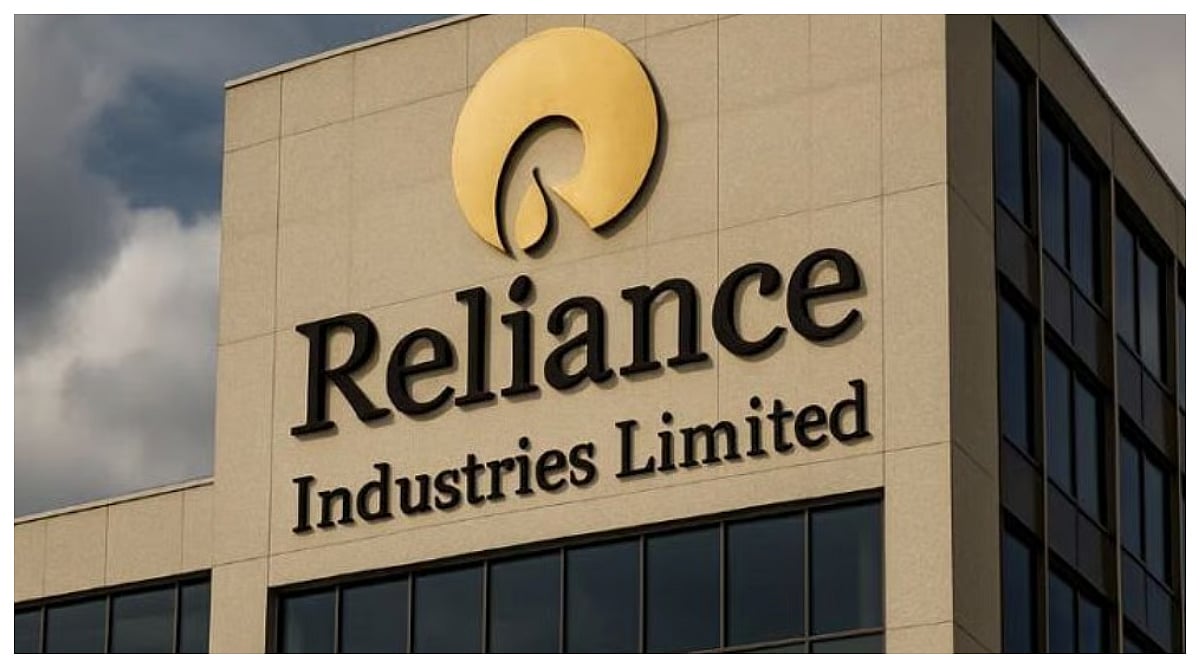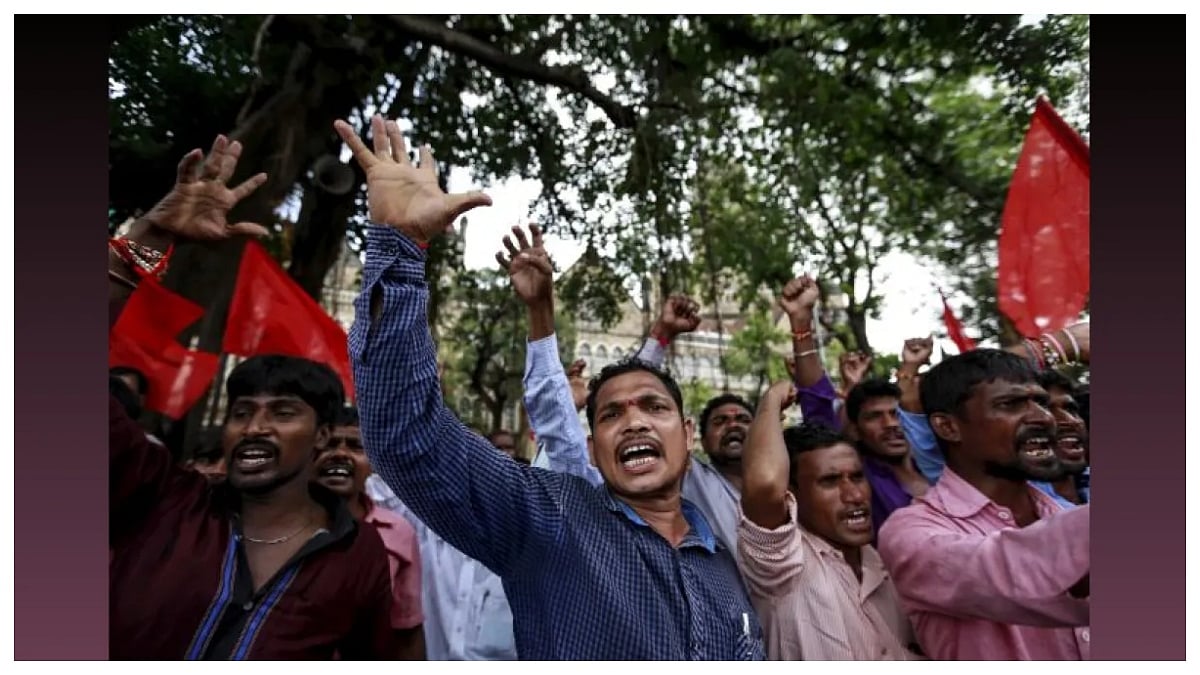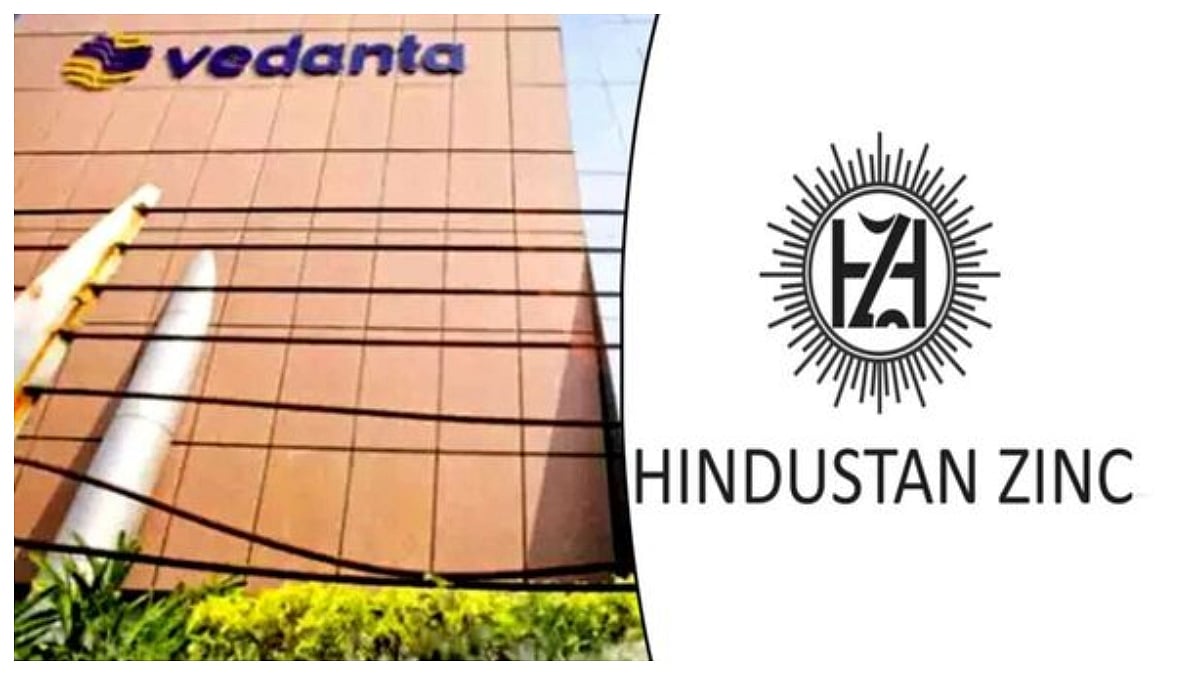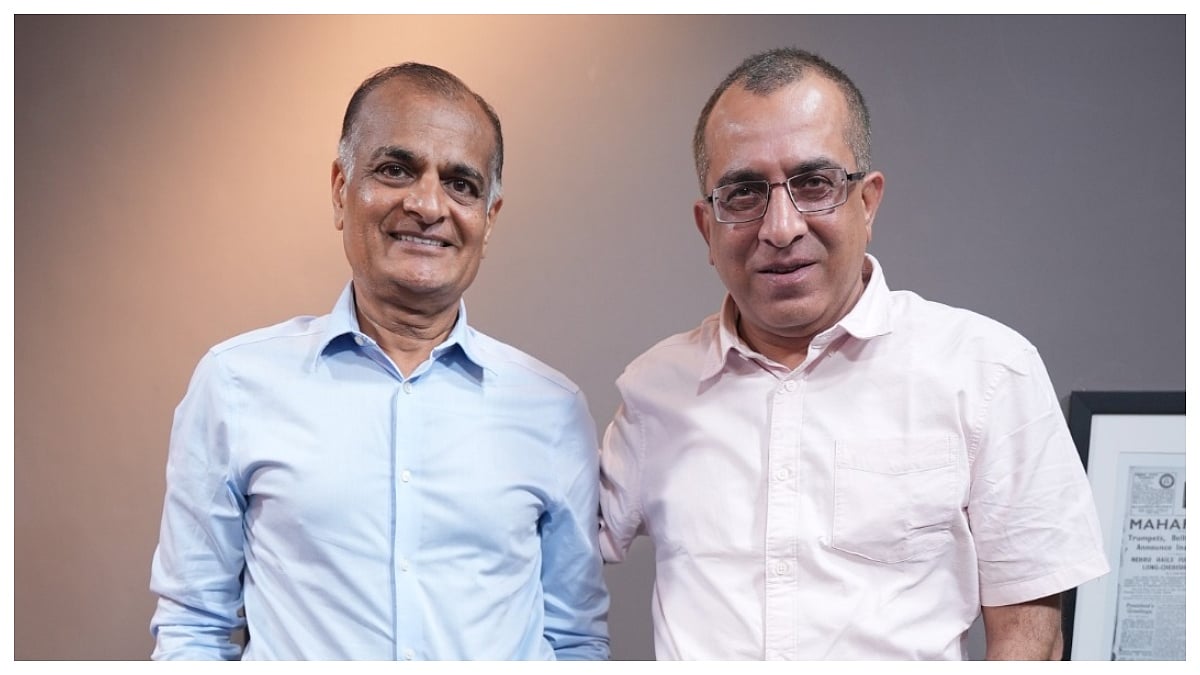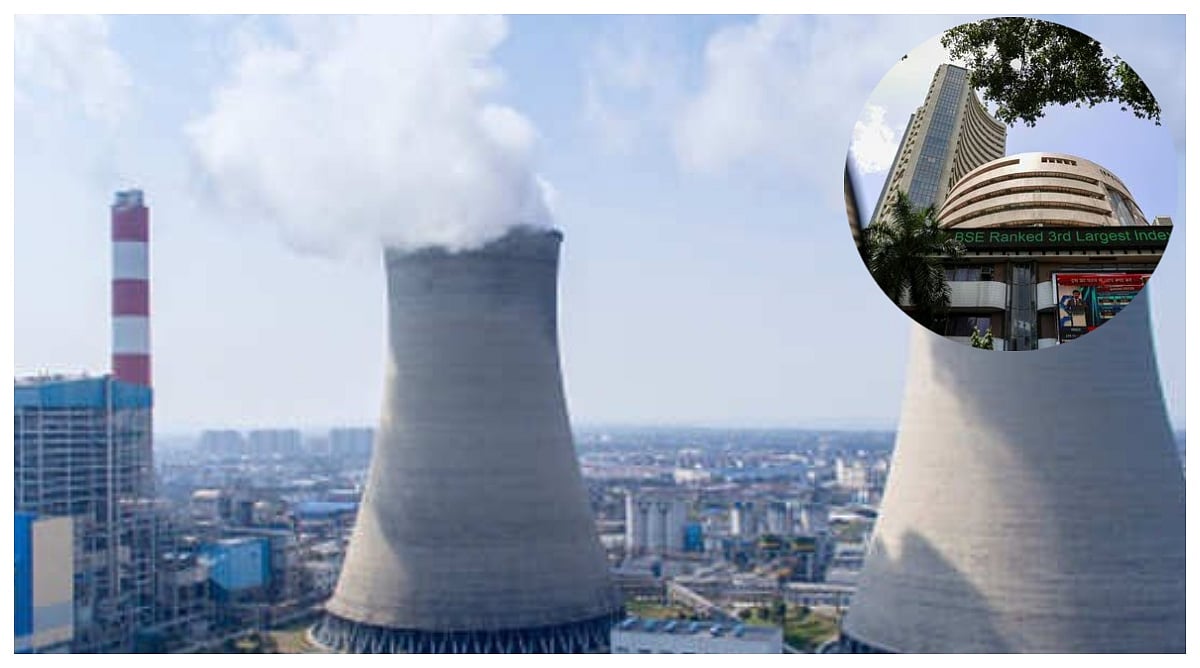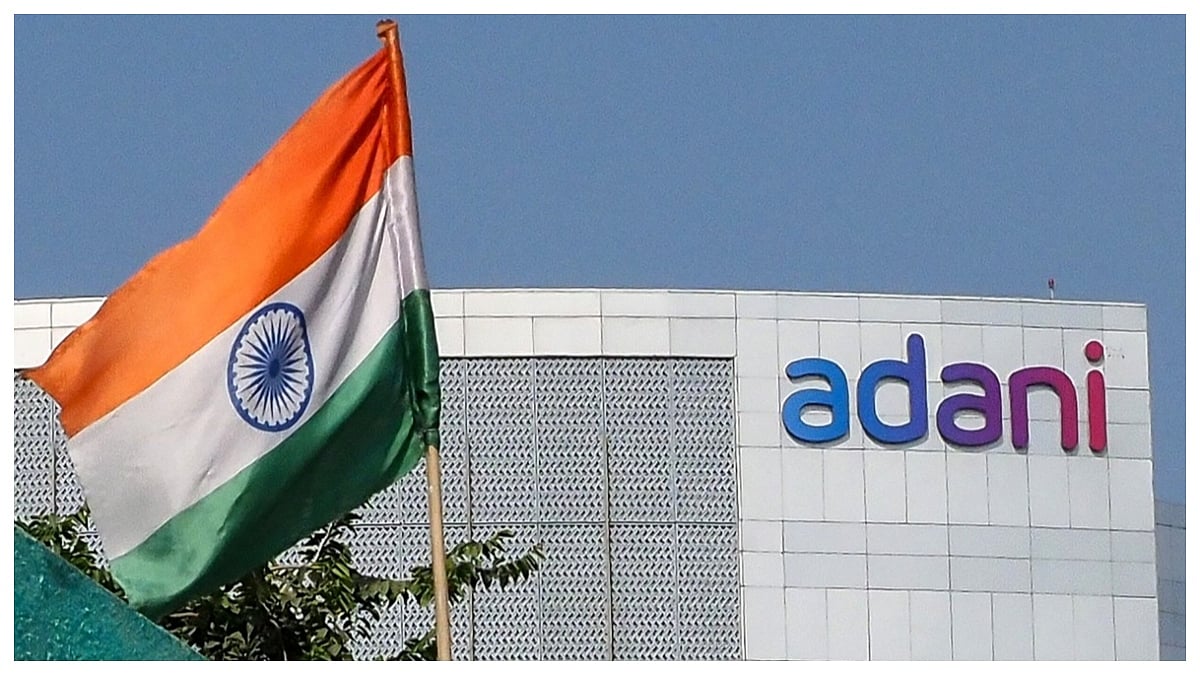Speaking with Law, Shah strongly asserted that India is undergoing a transition from being a "Country of Savers" to a "Country of Investors," predicting that the next 15 to 20 years will be the "Golden Age of Compounding". This shift is a product of financial sector reforms initiated around 1993–1995, following the Balance of Payment crisis, which saw the establishment of crucial institutions like the NSE, SEBI, FIIs, private sector mutual funds, and private sector banks.
Crucially, Shah differentiated between saving and investing: if an individual household only saves, the return is about 5%, but converting that saving into investment can yield returns between 8% and 12%. Converting savings into investment is vital at the country level as well, because "that is where jobs get created, assets get created, productivity comes in".
Shah illustrated this necessity by comparing domestic behavior to foreign investment over the last 30 years. Foreign Institutional Investors (FIIs) have invested roughly $500 billion in India, yet Indians simultaneously spent $500 billion importing gold. Gold purchasing is characterised as effectively "exporting capital from India" according to Shah. This pattern is finally changing in the last five years, especially post-Covid, with increasing domestic investment, he noted.
The Three Pillars of Compounding and the Need for Patience
Shah, whose own career began when the Bombay Stock Exchange (BSE) index was 650 (and it is now near 85,000), representing 1130 times growth over 36 years, or about 14-15% IRR, emphasised that compounding needs to be experienced. He noted that India’s economy in US Dollar terms is doubling every eight years from $200 billion in 1989 to $4 trillion today.
To leverage the advantage of compounding today, Shah outlined three requirements:
1. A long horizon of 20 to 30 years.
2. A reasonable rate of return (currently 8-12%).
3. A good starting capital which India now has, with household wealth approaching $18–20 trillion.
However, despite having world-class capital market infrastructure, regulations , and technology, the critical missing ingredient among investors is patience. Investing requires both IQ (analytical skills) and EQ (patience and discipline), the latter of which is learned through experience rather than formal education. Given that India's financial sector is effectively only 30 years old, this impatience is understandable, but investors must stay long-term, recognising that volatility is inevitable.
Democratisation of Wealth and Institutional Building
Wealth, according to Shah, provides not just financial security but also the "opportunity to take risk and build businesses". He observed a huge surge in energy and aspiration in Tier 2, Tier 3, and Tier 4 cities, where people are not only creating wealth but want to invest that wealth in building new organisations and institutions. This democratisation of entrepreneurship is a powerful and very positive narrative for India’s future.
Discussing corporate health, Shah noted that recent corporate earnings have been below expectation due to global trade uncertainty that affected exports and reduced consumption, particularly among the lower-middle class facing increased debt servicing pressure. However, he expects corporate earnings growth to rebound to 10% to 15% over the next five years, driven by improved liquidity and stabilisation.
Long-Term Risk vs. Quarterly Pressures and the AI Challenge
Shah highlighted a serious unintended consequence of the modern capital market: listed companies have become extremely ROE-focused and stock price-focused due to E-Shops and quarterly investor pressure. This corporate culture hampers long-term investment, risk-taking, and innovation, as the payoff for such investments often requires a long gestation period. He cited Reliance Industries, whose stock price was flat or fell between 2008 and 2016 while they invested INR 7 lakh crore (approx. $100 billion) in projects like Jio, only to see massive returns after 2016.
Regarding the IT sector, Shah noted that while Global Capability Centers (GCCs) are growing in India, the most significant threat is Artificial Intelligence (AI), which is rapidly automating coding work. He warned that India is behind the curve in AI investment, and that companies must rapidly invest and adapt; currently, AI accounts for 8% to 9% of global market capitalisation and the number is projected to reach 20% to 25% in the next five to seven years.
Ultimately, for India to maximise its investment revolution, the focus must shift toward using wealth to build things, building businesses, and building institutions, rather than solely seeking financial market returns. This long-term conviction, combined with the disciplined acceptance of the market’s humbling forces will determine the success of the investment-led economy, Shah noted.
